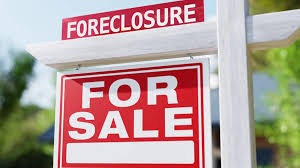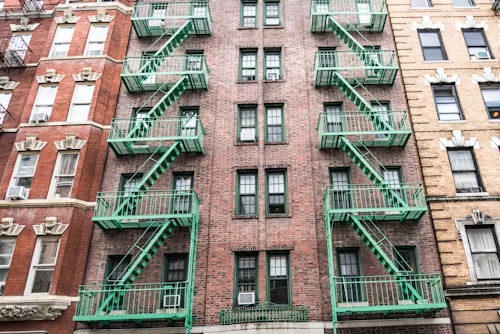
More than 5,100 rent-stabilized apartments across New York City are being marketed for auction, highlighting the deepening crisis facing rent-regulated housing in the nation’s largest rental market.

The portfolio, which includes dozens of buildings in Brooklyn, Queens, Manhattan, and the Bronx, fell into Chapter 11 bankruptcy earlier this year. According to Bloomberg, Flagstar Bank, which holds more than $564 million in debt on the buildings, is now moving toward a potential sale, though refinancing offers may also be considered.
Non-binding offers are due by Nov. 21, with a proposed Dec. 21 bid deadline. If a bankruptcy judge signs off, the auction could occur as early as January 2026.
Court filings show that 82 debtor corporations control the properties, directly or indirectly tied to Zarasai and managed by Pinnacle Group, led by CEO Joel Weiner.
Flagstar claims the debtors stopped making loan payments in January 2025. By May, the entities reported having no cash on hand — a situation that court documents describe as “suggesting serious net operating losses by debtors, and/or some other transfer of debtors’ funds that has not been explained.”
Conditions at the buildings worsened significantly in recent years. According to Bloomberg’s review of municipal records, housing violations deemed “immediately hazardous” quadrupled between 2019 and 2024, double the rate of comparable rent-stabilized buildings.
The financial distress, court filings note, reflects a “challenging rent-regulated housing market, in which landlords are experiencing significant cost increases while they have a limited ability to increase their rental income, compounded by sharp increases in debtors’ financing costs due to upward adjustments of the interest rates on much of their debt.”

The looming auction is not an isolated case. Rent-stabilized properties across New York have increasingly shown signs of distress.
In 2024, the special servicer for eight commercial mortgage-backed securities loans instructed legal counsel to foreclose on 28 workforce properties owned by Emerald Equity Group.
Industry analysts point to a combination of policy, economic, and market pressures. A DBRS Morningstar report highlighted:
“The Housing Stability & Tenant Protection Act of 2019, high inflation rates, increasing operating expenses — which continue to outpace permitted rental increases for rent-stabilized apartments — and an inability to collect rents have critically impaired the value of rent-stabilized assets in NYC over the past five years.”
For residents, the bankruptcy auction raises uncertainty about the future of thousands of affordable apartments. While rent stabilization laws restrict dramatic rent hikes or mass evictions, housing advocates warn that building sales and financial distress can still lead to reduced maintenance, worsening conditions, and instability for tenants.
At the same time, city officials face growing pressure to balance the survival of rent-regulated housing providers with the need to preserve affordability amid record demand and rising costs.
Originally reported by Leslie Shaver in Multi Family Dive.